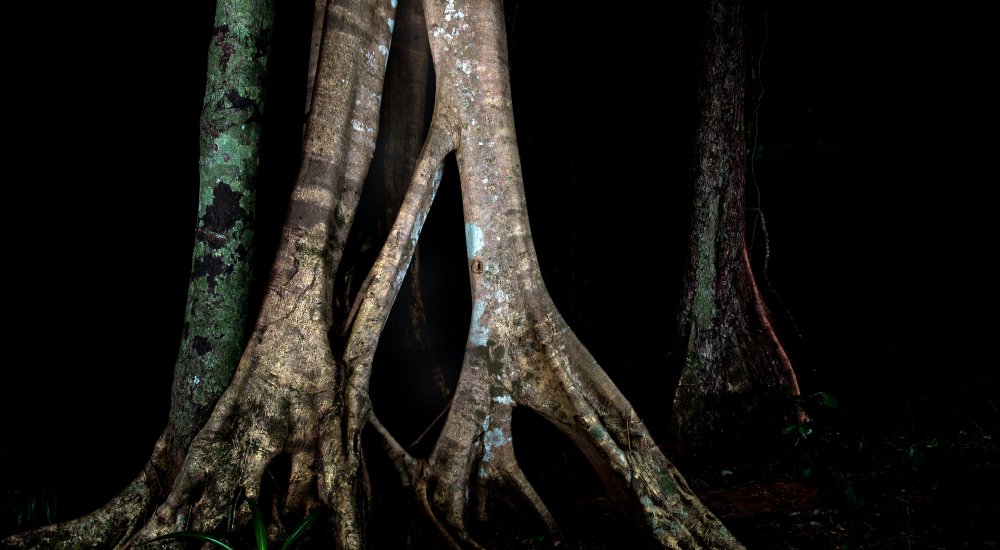National Geographic Society Research Grants┋Level 1
Spatial Thinking: Inspiring Action through Place-Based Solutions

An informational webinar is scheduled for Thursday, March 27, 2025 at 9 AM EDT.
Understanding our world starts with place and space — everything happens somewhere. Spatial thinking involves visualizing, interpreting, and reasoning information using location, patterns, scale, relationships, movement, and change over time in order to understand our world and develop impactful solutions relevant to a place and its unique conditions for those who live there. It is much more than the ability to create, use and understand maps. We continue to face big, complex, and rapidly changing challenges such as climate adaptation and mitigation, water scarcity, biodiversity conservation, and preserving and better understanding cultural knowledge and human stories. Spatial thinking is a powerful tool for understanding and telling stories of the past and present of a place and its inhabitants. It can help us understand a place’s unique conditions, how people and our planet relate to those conditions, and create and implement solutions needed to address challenges of a place.
This funding opportunity supports projects that identify a challenge related to a specific place and its unique conditions and leverages an educational solution using spatial thinking to enable people to act on behalf of our planet and its people.
Submissions should describe projects that are co-developed with members of a community or developed by community(ies) that will be impacted, or provide a detailed justification of that omission. We are particularly interested in projects that make connections across disciplines to identify creative solutions through interdisciplinary methods, use experiential learning, and define spatial thinking broadly, which could include tools such as geospatial technologies, maps, data, inquiry-based learning, or innovative technologies or tools (on the low to high tech spectrum) to engage learners (of any age, in any setting) in framing and visualizing data to develop solutions to challenges. Projects do not need to use technology in order to be competitive.
All topics related to our focus areas – Ocean, Land, Wildlife, Human Histories and Cultures, Planetary Health, and Space – are encouraged and will be considered. Additionally, we are reserving a portion of the grant awards within this funding opportunity for project ideas related to freshwater in a specific place. Freshwater related topics could include freshwater resource supply, demand, quality, access or other issues related to freshwater availability, quality, and/or sustainability. Projects should leverage an educational solution using spatial thinking tools that enables people to act to protect and conserve freshwater. See the National Geographic Society World Freshwater Initiative for more information about the Society’s priorities and free resources for understanding global freshwater supply and demand.
Who Should Apply
This highly competitive opportunity is open to applicants over the age of 18. Funding may be awarded in either a Level I or Level II grant. Please note that individuals who are National Geographic Explorers must apply for Level II funding.
The lead applicant must show evidence of experience using education as part of a deliberate strategy to achieve goals, and experience implementing education programs for learners of any age (note: this may be in either a nontraditional/community setting or in a classroom setting). Academic degrees and/or credentials are NOT required.
Competitive Proposals Should Include
- Explicit identification of a challenge related to place and an educational solution using spatial thinking that enables people to act on behalf of our planet and its people related to:
- At least one of these focus areas: Oceans; Wildlife; Land; Human Histories and Culture; Space; Planetary Health
- OR, within the Land focus area, focusing specifically on freshwater availability, quality, and/or sustainability
- Sufficient description of the educational basis of the project design (e.g. the learning outcomes, methods, and learners are clearly described and are likely to achieve the proposed goals)
- The learning methodologies and activities are clearly outlined.
- The learning outcomes are clearly defined.
- The learners impacted (i.e. the population receiving the educational solution) are clearly identified, including how they will reach intended learners.
- Relevant spatial thinking tools and/or methods are well defined.
- Clear articulation of impact goals and, for Level II grants, description of how impact will be measured
- Description of how the work is developed by members of a community or co-developed with the community(ies) that will be impacted by the work, or provide a detailed justification of that omission.
Pre-applications
The National Geographic Society is accepting pre-applications Level I and Level II grants for the Spatial Thinking: Inspiring Action with Place-Based Solutions. Pre-applications are due by Monday, May 5, 2025 at 11:59 PM EDT.
To ensure that invited applicants are prepared to submit competitive full applications, we recommend that applicants already understand — or are prepared to assemble — the methods, dissemination strategies, and proposed outputs of the full project. We also recommend that applicants are already collaborating with the community or communities that are most impacted by the place-based challenge and proposed project.
You may submit a proposal as the project leader for only one project. We only accept applications that are submitted through our online portal. Please do not mail or email your application.
For more information about this RfP, please consult our Frequently Asked Questions.
If you have any questions or need additional information regarding this RfP, please email us at funding@ngs.org with Spatial Thinking RfP in the subject line. See here for more general information about National Geographic’s grants and investments.
